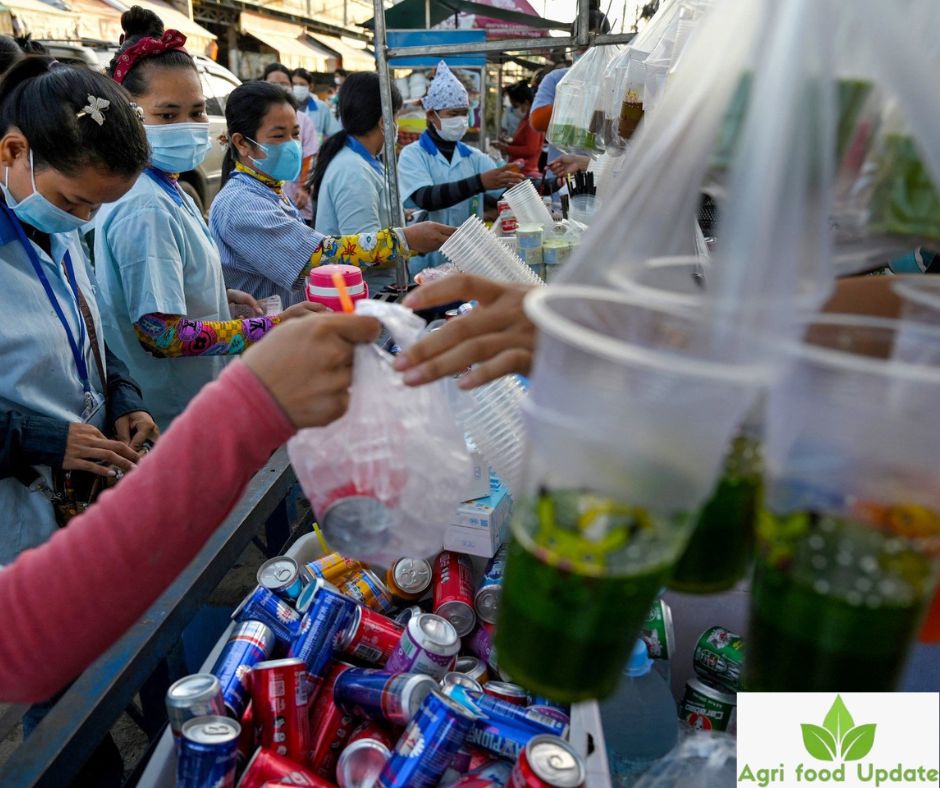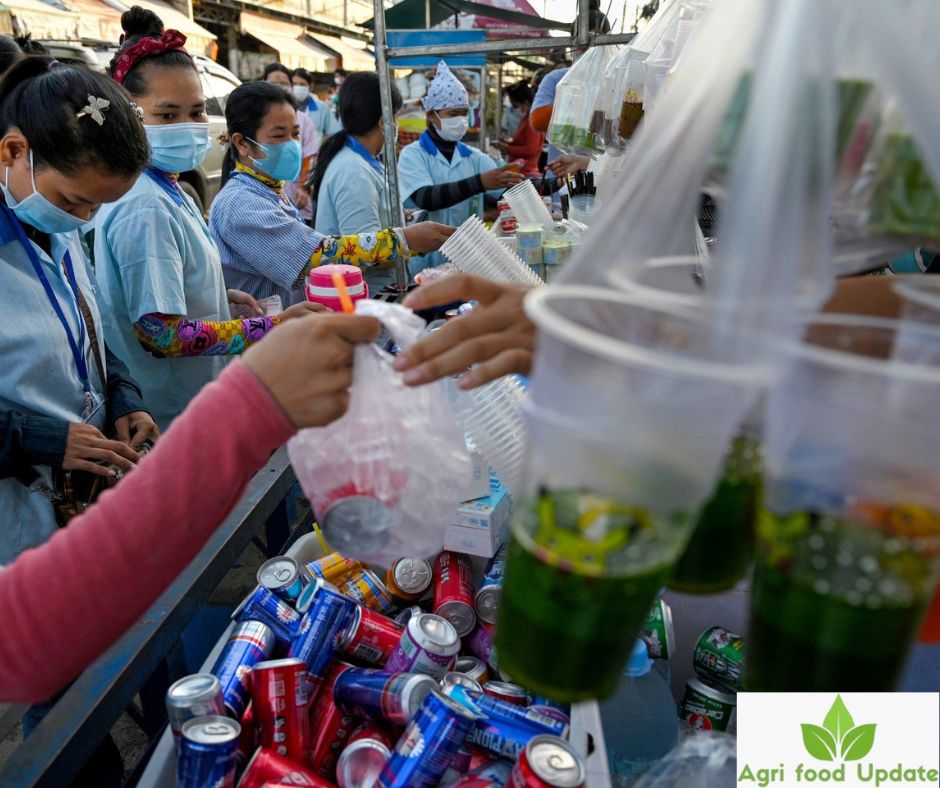
Sugar Ethanol Bioenergy Int- Cambodia is taking steps to curb unhealthy diets, but without tougher measures on sugary drinks that fuel diabetes and other chronic diseases, the country could soon face a $1.5 billion health and economic crisis.
The government has begun tightening regulations on imported produce and food items while promoting healthier options at home, and Prime Minister Hun Manet this year banned the sale of sugary drinks in schools and educational institutions—a move seen as a first but modest step toward addressing the problem.This is a welcome first step, but we need a more aggressive approach towards limiting the consumption of sugary beverages, like Sting, Coca-Cola and Red Bull.
These products contain high quantities of added sugar, which is exposing Cambodians, especially a lot of young people, to unhealthy dietary habits, an increase in non-communicable diseases (NCD), and a potential economic impact of around $1.5 billion a year.For example, a 600ml bottle of Coca-Cola contains 130 percent of your daily requirement of sugar, with 65 grams of sugar per serving. Drinks like Coca-Cola and similar “soft drinks” are classified as sugar-sweetened beverages (SSB) and have been linked to increased risk of obesity, diabetes, cardiovascular, and kidney diseases, impacting vulnerable segments of society across the countries studied.The International Diabetes Federation (IDF) states that 1 in 16 Cambodian adults had diabetes in 2019, with around 600,000 Cambodians living with diabetes in 2021. This number is expected to exceed one million by 2045.
A report from the World Health Organization strongly recommends reducing the intake of sugar to less than 10 percent of the total contents of the drink. This recommendation places a high value on the reduction of risk of NCDs associated with being overweight and obesity and on improving and maintaining good oral health.Studies like this show that the situation is serious and requires urgent and targeted action that limits the consumption of SSBs beyond health awareness campaigns and a push for the availability of healthier drinks on the market. A high tax on SSB is the only way to reduce their affordability and consequently bring down consumption.
Taxing Soft DrinksGlobally, countries have attempted to increase taxes on SSBs to make them unaffordable and reduce consumption. This is an approach that Cambodia should consider using, based on existing evidence in support of higher taxes on sugary drinks.The World Health Organization (WHO) has the three by 35 initiative strategy, where it aims to raise the price of tobacco, alcohol, and sugary drinks by 50 percent by 2035, using health taxes to curb chronic disease and generate critical public revenue as a driver of economic growth. A recent report mentioned by the WHO shows that a one-time 50 percent price increase on these products could prevent 50 million premature deaths over the next 50 years globally.Similarly, Mexico enforced a $0.053 per liter SSB tax on soft drinks in 2014, which resulted in a 11 percent price rise for soft drinks and a reduction in consumption of 37 percent by 2016, according to Obesity Evidence Hub.
The United Kingdom used a high tax on sugary drinks to push manufacturers to reduce the amount of added sugars in their products. The Soft Drink Industry Levy (SDIL) was created in 2018 with a two-tiered tax on the producers, according to the sugar concentration of beverages. Drinks containing 5 to 8 grams of sugar per 100 ml were taxed at $0.24 per liter, and those with more than 8 grams of sugar per 100 ml were taxed at $.32 per liter.This resulted in manufacturers reformulating their products to reduce sugar levels in sweetened beverages. The excise tax led to the removal of around 45 million kilograms of sugar from sugary drinks.
New Excise Taxes on Sugary Drinks
In Cambodia, sugary beverages, including aerated drinks, juices and energy drinks, have a 5 percent to 15 percent excise tax. Despite this excise tax, sugary drinks are very affordable in Cambodia, especially for students and vulnerable communities. Looking at examples from other countries, it is prudent to link the excise tax rate with the amount of added sugar in beverages.Now, for drinks where the amount of sugar is less than 10 percent of the total contents, the excise regime for sugary drinks can remain the same. However, for products where the quantity of sugar is more than 10 percent of the drink’s contents, the rates should instantly be doubled.Based on this new excise regime, the tax on fruit juices will be 10 percent, non-alcoholic drinks will be taxed at 20 percent and energy drinks will have a 30 percent tax if they exceed the 10 percent sugar content threshold. Also, all revenue generated from this proposed excise rate should be directly allocated to healthcare services, with a specific focus on NCDs like monitoring for diabetes and obesity.
The Cambodian government should give manufacturers three to five years to fully implement this excise regime so that producers have the chance to reformulate their products to have less sugar. The Ministry of Health and the tax department must create a platform for the firms to submit the sugar level of their beverages and use specialists to check these submissions routinely. The tax will be calculated automatically based on these submissions.This proposed taxation for sugary beverages should only be a starting point. If the desired health outcomes are not achieved, then the tax on these drinks should be increased exponentially.
For example, if the base amount of permitted sugar is 10 percent of the contents, then a product that has 50 percent sugar will be subject to a tax five times the base rate.The use of the volume of sugar in beverages and juices as a metric for taxation will hopefully make them prohibitively expensive and give Cambodians the impetus to embrace a healthier lifestyle. Cambodia has a young population and it is critical that we take steps to ensure they can lead healthy lifestyles and contribute to the development of the country.



